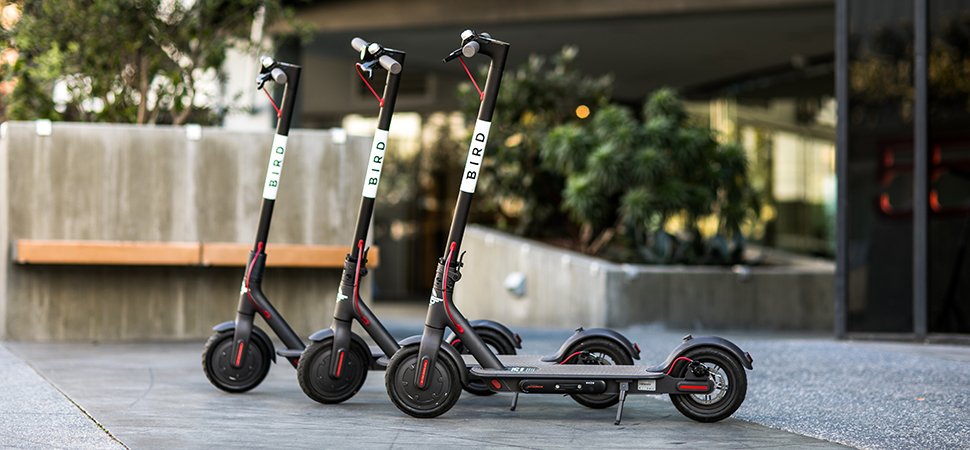Riders in Tel Aviv who use Bird e-scooters have completed nearly 5.5 million trips over the past two years, the shared electric scooter transportation company announced late last month.
According to Bird, one-third of these e-scooter rides have taken place during rush hour between 8 to 10 a.m. and between 5 to 7 p.m.
Bird also released its Frequent Flyer loyalty program in Tel Aviv to “help make consistent modeshift away from cars more appealing and accessible” to residents of the city.
Bird launched its first fleet of e-scooters in Tel Aviv in mid-August 2018.
“Two years following the introduction of Bird to Tel Aviv, we remain humbled, grateful and inspired by how shared e-scooters have been embraced throughout the city,” said Travis VanderZanden, founder and CEO of Bird. “Thank you to our partners at city hall for their forward-thinking policies that make it possible for people to leave their cars at home, and make Tel Aviv more liveable for everyone.”
In June, Bird and Trailze, the Israeli navigation tech startup remapping the urban grid, announced that they’re collaborating on a pilot, the Bird Maps app, which will offer navigation specifically created for riders of human-scale vehicles to safely navigate urban streets.
Bird in Tel Aviv has also collaborated with many local organizations and policymakers in the city, according to their official blog. When COVID-19 spread rapidly across the globe, local medical and emergency workers in Tel Aviv were able to use Bird free of charge in order to get to and from work safely and efficiently.
In July, the team at United Hatzalah teamed up with Bird to facilitate free e-scooter rides and safety helmets for volunteer paramedics to create a faster emergency medical response.
Scooters have played an important role in the government’s recent decision to grow micromobility infrastructure in Tel Aviv by more than 50% over the next five years. In June, Deputy Mayor Meital Lehavi announced the initiative to create an additional 160 kilometers of bike and scooter lanes.
“It is a revolutionary plan that for the first time turns segments of bike paths into one uninterrupted network. Thanks to the support from and data shared by micromobility operators like Bird, we’ve been able to identify where new infrastructure is most needed in order to encourage modeshift and reduce our dependence on private cars,” she said.
